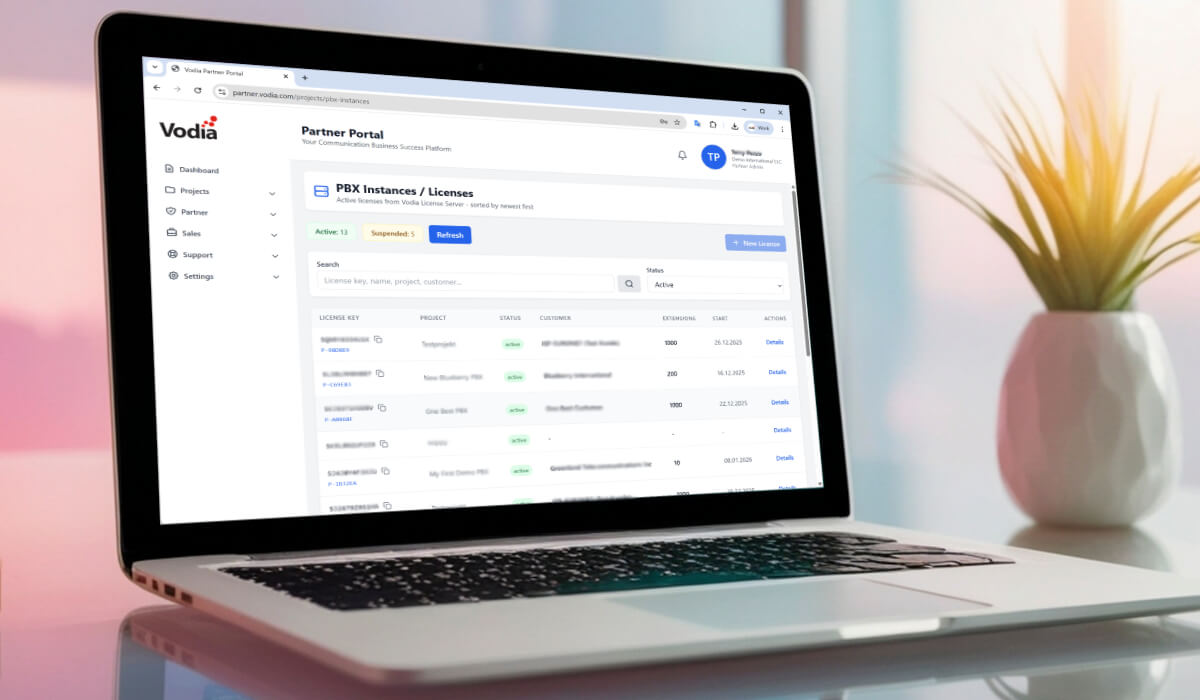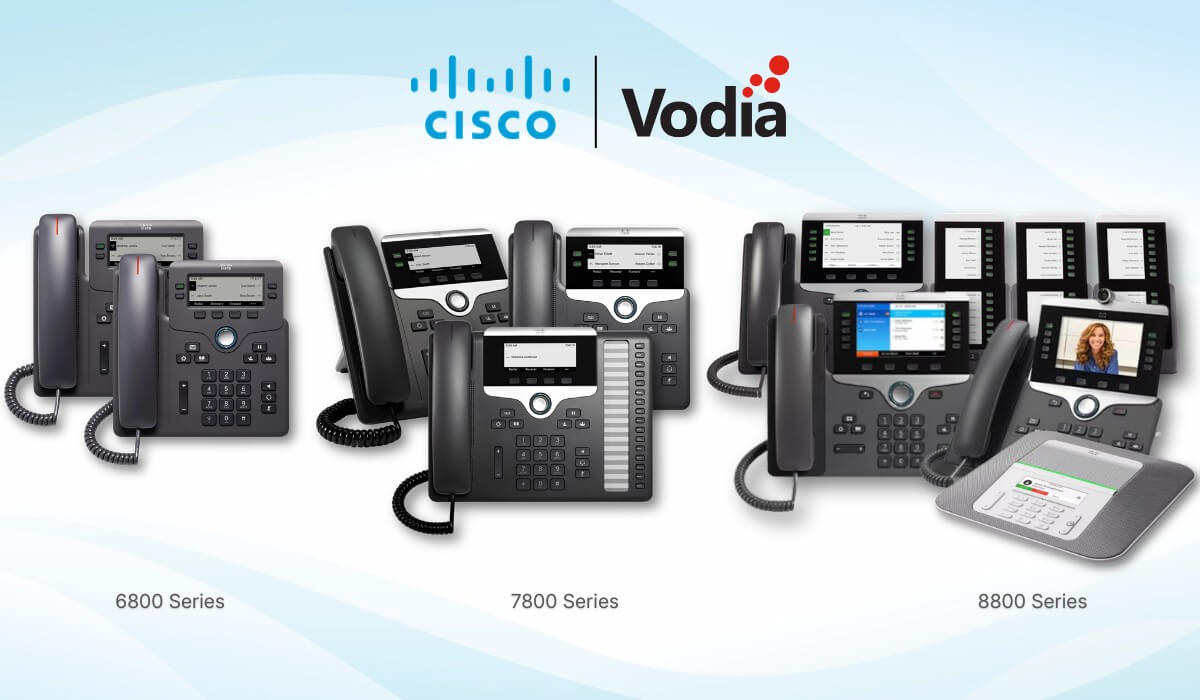WOBURN, MA. – March 14, 2014
One of the biggest potential advantages of technology is to speed up tasks and processes by partially or completely automating them. In an age where internet telephony has become ubiquitous, one would expect the whole concept of VoIP-in-a-Box to be a no-brainer, right? After all, everything else in the tech industry seems to be about device agnosticism, automatic setups and plug-and-play.
The reality is however quite another story. Ironically enough after almost two decades since the VoIP technology was first introduced, there are still no industry wide accepted standards to allow seamless integration of end-devices with IP based phone systems. The proposed standards for end-device plug and play are either not fully embraced across the industry or have been discarded altogether. As a result most phone system vendors have reverted back to proprietary solutions for automated device deployment causing incompatibilities across IP phone vendors and phone system manufactures.
Vodia® Networks has once again taken the lead by introducing a VoIP-in-a-Box solution based on open standards that is designed to work seamlessly across all IP handsets, giving users the ultimate freedom in end-device selection. With this new feature, as soon the IP handsets are plugged into the network, Vodia® PBX automatically detects all the phones in your network and lists them on the admin portal. The listed information includes Vendor type, MAC address and IP address of each detected device. The administrator can then simply assign a PBX user to the phone by selecting a user profile from a drop down. The IP handset then automatically reboots and configures itself with the assigned user profile. Configuration information may include customer name, password, email address, telephone number, ring tone, class of service, QoS (Quality of Service), SIP URI, SIP proxy server, call server FQDN (Fully Qualified Domain Name) or IP address, and other parameters.
Administrators further have the option to remotely manage IP handset firmware and trigger firmware upgrades with zero touch. Vodia’s true plug and play feature makes use of the Dynamic Host Configuration Protocol or DHCP which is a standardized networking protocol used on Internet Protocol networks for dynamically distributing network configuration parameters, such as IP addresses. The biggest advantage of DHCP based automatic provisioning is that DHCP is supported by all IP handsets so no special mechanism is required on part of the handset. Vodia® PBX supports true plug and play for all major IP handset vendors including Yealink, Polycom, Aastra, Grandstream, Cisco and snom.
Vodia’s true plug and play feature enables you to:
- Detect and provision any number of devices remotely, without having to manually configure SIP handsets
- Ensure total security during end-device provisioning
- Create SIP handset specific templates for customization and button assignments
- Reduce costs by automating roll-outs and eliminating engineer involvement
- Trigger configuration changes remotely (including automatic phone firmware updates)
- Delegate the day-to-day administration of most phone features and settings to SMB employees through the integrated end-user web portal
For further details please visit http://www.vodia.com or contact sales@vodia.com
.svg)






